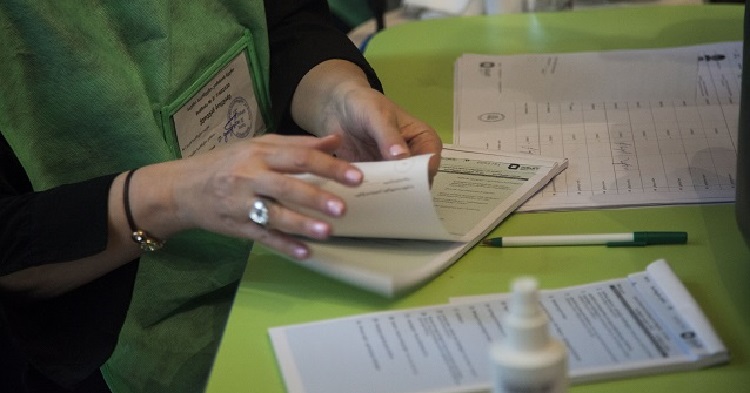OSCE/ODIHR continues election observation in Georgia in ‘limited format’

The OSCE/ODIHR mission in Georgia, led by Ambassador Jillian Stirk, consists of a core team of 13 experts based in Tbilisi and 27 long-term observers. Photo: Nino Alavidze/Agenda.ge
The OSCE Office for Democratic Institutions and Human Rights (ODIHR) has decided to limit its missions in Georgia, Moldova and Ukraine to long-term observation based on ‘a shortfall in the number of short-term observers provided by OSCE states due to the COVID-19 pandemic and associated travel and health restrictions’.
OSCE/ODIHR announced yesterday that the three missions ‘will continue their work and deliver preliminary assessments of the electoral processes after each election day’.
ODIHR election observation missions (EOMs) comprise a core team of experts and long-term observers seconded by OSCE participating States.
However, ‘the extraordinary circumstances caused by the COVID-19 pandemic and existing travel restrictions throughout the OSCE region have negatively affected the ability of the OSCE participating States to second short-term observers’.
This has resulted in a significant shortfall, which makes infeasible the deployment of short-term observers in sufficient numbers for meaningful observation of election day procedures, especially given the logistical difficulties posed by the COVID-19 pandemic”, ODIHR stated.
Accordingly, ODIHR has decided to change the format of the three deployed observation activities from EOMs to Limited Election Observation Missions (LEOMs), with core teams of experts and long-term observers.
ODIHR is grateful to the national and local authorities in the three countries for the support they continue to provide to the ODIHR LEOMs, including the facilitation of entry and operations of the election observers deployed by ODIHR”, it further said.
ODIHR opened an EOM for the October 31 parliamentary elections in Georgia on September 25, following an invitation from the Georgian authorities.
The mission in Georgia, led by Ambassador Jillian Stirk, consists of a core team of 13 experts based in Tbilisi and 27 long-term observers.
In addition, ODIHR planed to request OSCE participating States to send 350 short-term observers, who would arrive several days before election day.
 Tweet
Tweet  Share
Share